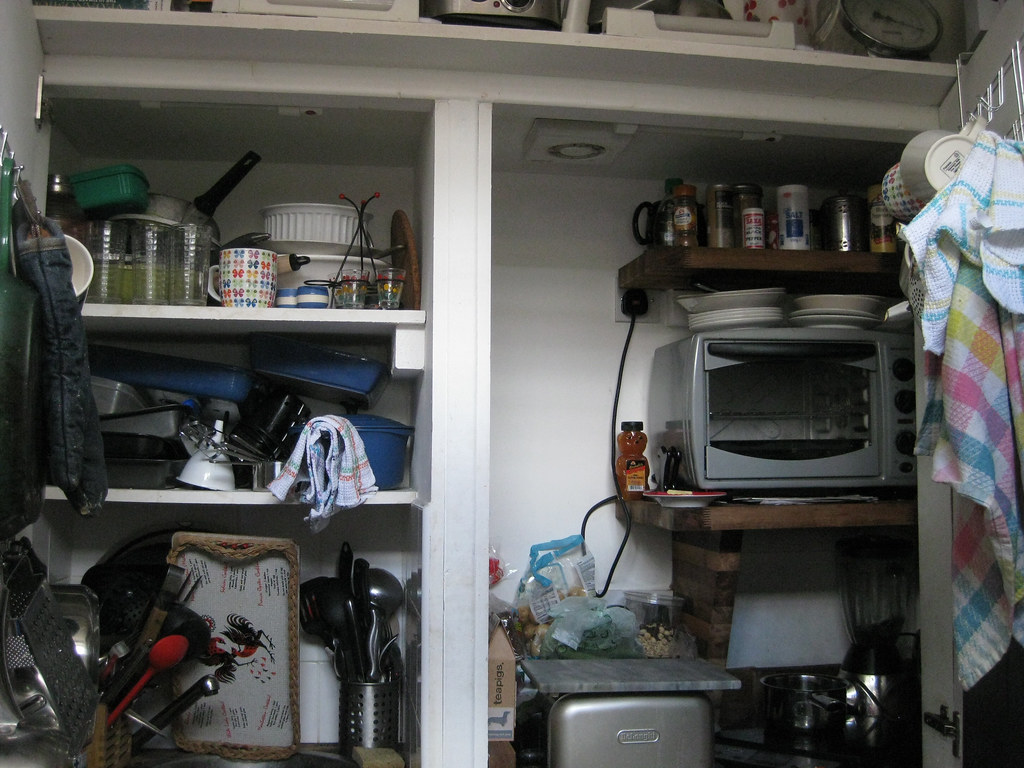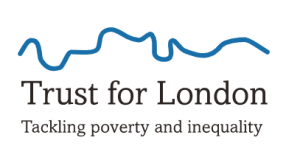Renting in London during Covid-19
An LSE London research project, funded by Trust for London
Lead researcher: Kath Scanlon
Read our final report: HERE
Our questions
We are looking at how the coronavirus pandemic, in combination with selective licensing of private landlords, welfare reforms and increased taxation, is affecting the behaviour of individual private landlords, and rents and conditions for tenants, at the lower end of the private rental market.
We will collect evidence from local case studies of three small areas in Bexley (Thamesmead), Redbridge (Ilford) and Southwark (Walworth & Old Kent Road) with selective licensing. We hope our findings help boroughs to improve conditions for both longer-term tenants and homeless households in TA, and help regulators design policies to incentivise landlords to serve this market and provide a good product.
The Private Rented Sector (PRS) now houses more than one in four Londoners and is the default tenure for lower-income households. All boroughs use PRS properties as temporary accommodation for statutorily homeless families.

The coronavirus pandemic suddenly and dramatically changed the environment for landlords and tenants. Many tenants saw their incomes fall; rent arrears are up and evictions are expected to rise. Some landlords lost significant rental income that they are unlikely to recoup.
The preceding few years saw a series of policy initiatives that affected landlords’ business models and the profitability of investment in the PRS.
They include:
- selective licensing in certain neighbourhoods;
- reduced tax deductibility for mortgage interest for buy-to-let landlords;
- and a 3% surcharge on rental property purchases.
Welfare changes have reduced the amount that low-income tenants can claim in housing benefit. Higher risks and more attractive alternatives (e.g. Airbnb or leasing to local authorities) affect landlords’ choice of tenants and some landlords refuse to house households on benefits.
The combination of Covid and the changes in taxation and regulation have reordered incentives for the private individual landlords who own most of London’s PRS stock. We want to study their effects on the lower end of the market, where tenants are least able/likely to exercise effective choice.
Our research methods
As part of the research, we are surveying private landlords and private tenants in three case-study areas in Bexley, Redbridge and Southwark. The surveys will be conducted using an online survey method in the first instance, with possible in-person follow-ups via video calls. Survey responses will be anonymous, though interested respondents can volunteer to take part in interviews and/or focus groups.
In each case-study area, we are also carrying out a series of qualitative interviews and focus groups with tenants and landlords, borough officers, and other informed experts and local stakeholders. Interviewees and focus-group participants will not be identified by name in any research outputs.
Outputs
The information collected in this research will go into a final report (printed and online), and a shorter non-technical report and policy brief. We may also use it to write one or more academic papers.

Questions
If you have any questions please contact lead researcher Kath Scanlon, on k.j.scanlon@lse.ac.uk.



